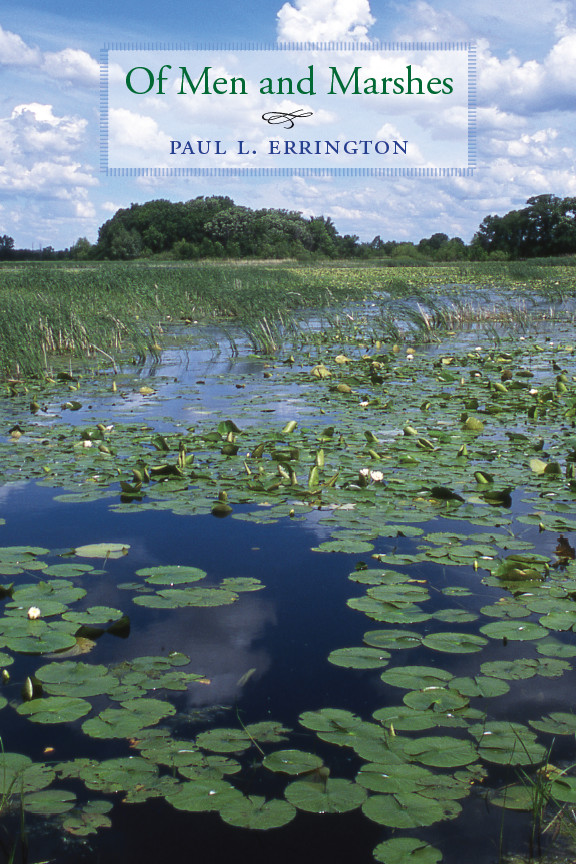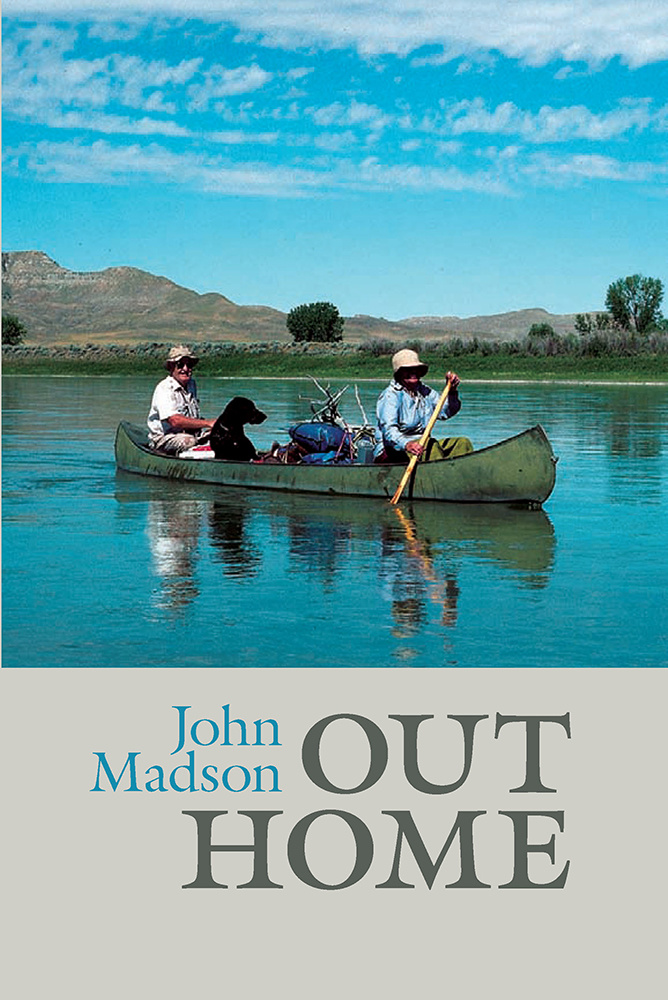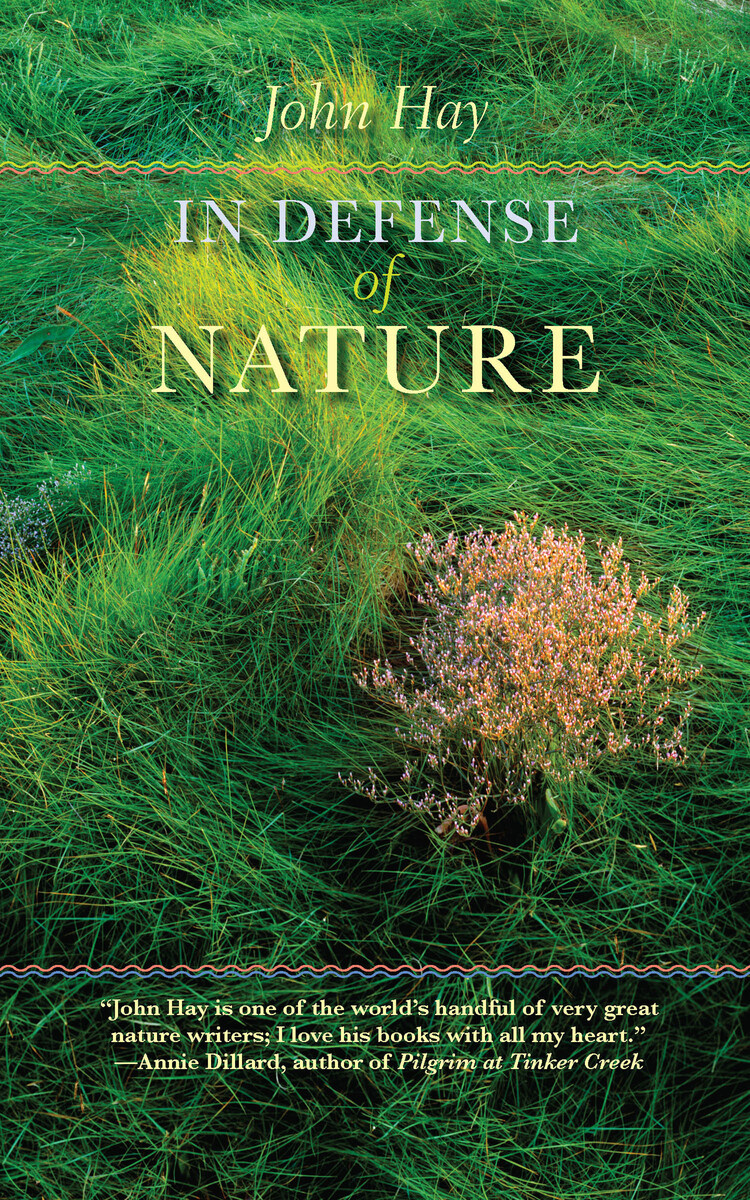Standing with such environmental classics as Loren Eiseley’s The Immense Journey, his friend and mentor Aldo Leopold’s A Sand County Almanac, and Joseph Wood Krutch’s The Voice of the Desert, Paul Errington’s Of Men and Marshes remains an evocative reminder of the great beauty and intrinsic value of the glacial marshland. Prescient and stirring, steeped in insights from Errington’s biological fieldwork, his experiences as a hunter and trapper, and his days exploring the marshes of his rural South Dakota childhood, this vibrant work of nature writing reveals his deep knowledge of the marshland environments he championed.
Examining the marsh from a dynamic range of perspectives, Errington begins by inviting us to consider how immense spans of time, coupled with profound geological events, shaped the unique marshland ecosystems of the Midwest. He then follows this wetland environment across seasons and over the years, creating a compelling portrait of a natural place too little appreciated and too often destroyed. Reminding us of the intricate relationships between the marsh and the animals who call it home, Errington records his experiences with hundreds of wetland creatures. He follows minks and muskrats, snapping turtles and white pelicans, red foxes and blue-winged teals—all the while underscoring our responsibility to preserve this remarkable and fragile environment and challenging us to change the way we think about and value marshlands.
This classic of twentieth-century nature writing, a landmark work that is still a joy to read, offers a stirring portrait of the Midwest’s endangered glacial marshland ecosystems by one of the most influential biologists of his day. A cautionary book whose advice has not been heeded, a must-read of American environmental literature, Of Men and Marshes should inspire a new generation of conservationists.
“When Paul Errington’s classic Of Men and Marshes first appeared in 1957, the wetlands of the American Midwest—and wetlands around the world—were widely seen as rank wastelands and impediments to economic progress. Errington provided a revolutionary view of marshes as dynamic communities of life whose diversity and well-being reflect our own capacity to live well on the land. This book changed lives and landscapes. We are fortunate to have it available in this new edition!”—Curt Meine, author, Aldo Leopold: His Life and Work
“[Errington] speaks to us here . . . not as a scientist but as a man and a human—his method is to show us a marsh as his home, to escort us through it in the different seasons of the year, and let us see for ourselves the beauty and wonder that are there. A telling and moving experience.”—New Yorker
“Sights he describes from his boyhood will not be seen again in this cycle of American civilization—if ever. . . . Fifty years from now the kind of phenomenon he is currently recording may have vanished, also, from most of Asia, Africa, and South America. Errington’s book may be at once history and prophecy.”—Journal of Wildlife Management



